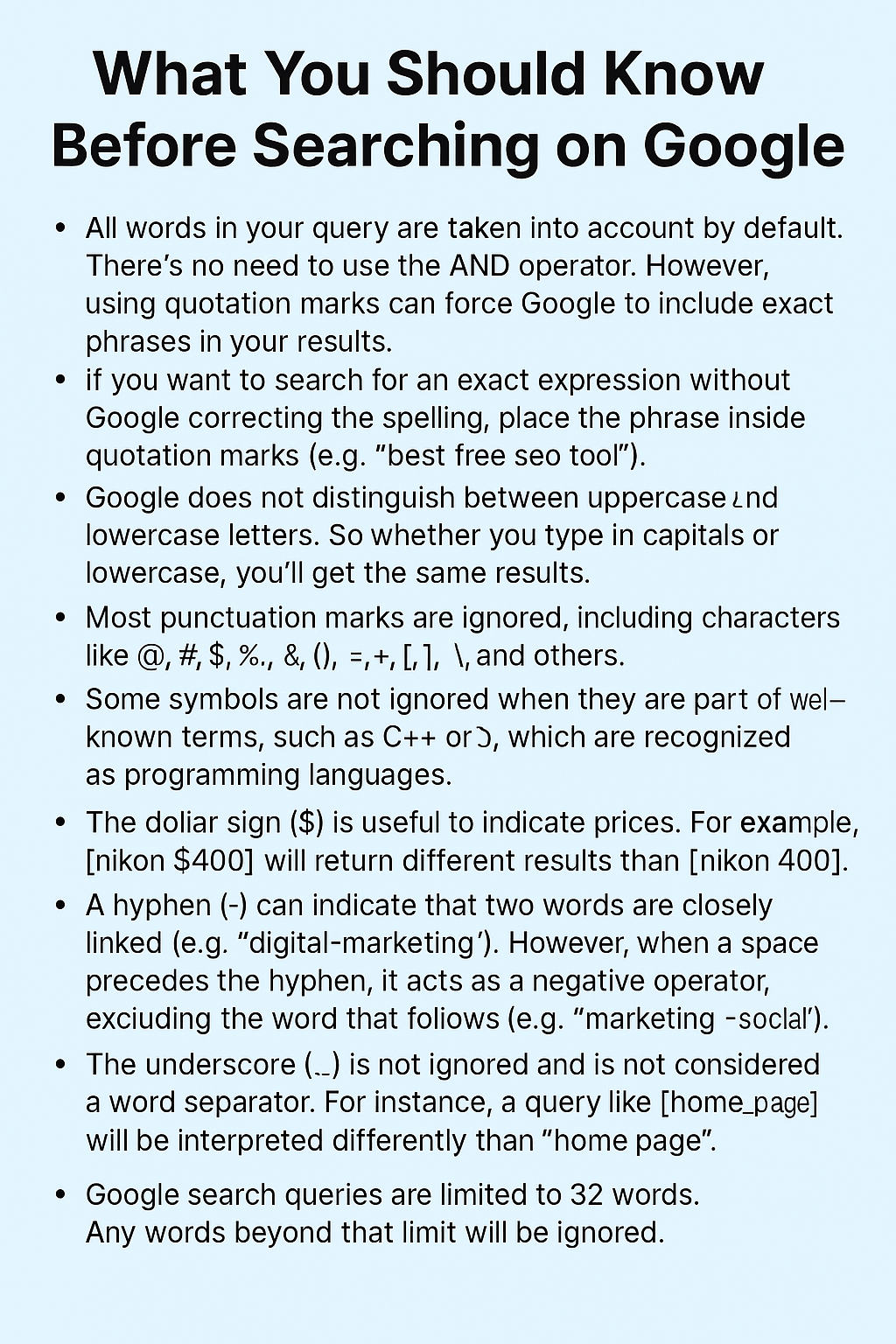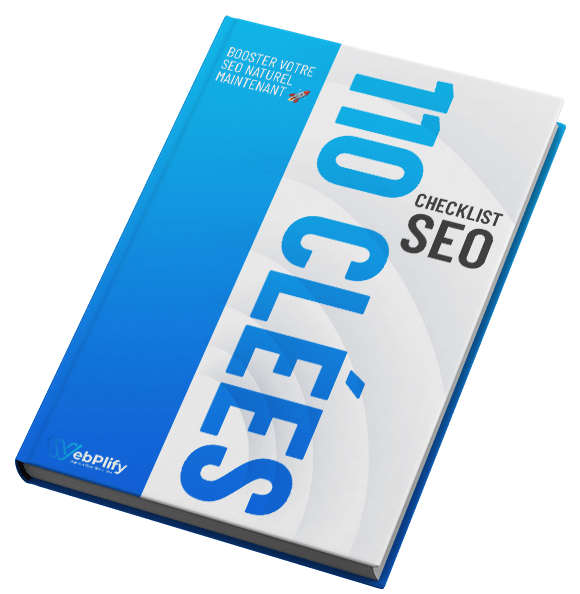Programmatic SEO: The ultimate guide to automating your search engine optimization and boosting your web visibility
Tired of spending hours manually optimizing your SEO without seeing concrete results? Programmatic SEO (pSEO) offers a revolutionary approach to automating the generation of optimized web pages on a massive scale, boosting your site’s visibility. Find out in this article how this innovative approach can radically transform your SEO, saving you an incredible amount of time while targeting relevant keywords and boosting your organic traffic.
What is programmatic SEO
Definition and key mechanisms
Let’s see how it works in concrete terms:
pSEO or programmatic SEO is based on an automated approach to SEO. Its main aim is to automate the creation and management of a large number of web pages. The aim is to target multiple keywords and user queries. Instead, programmatic SEO relies on pre-optimized models and tools.
- Automated content creation at scale.
- Use data to generate specific pages.
- Improved visibility on search engines.
- Personalize content according to search intentions.
To generate hundreds of finely optimized pages, programmatic SEO uses a template. The template extracts information from a structured database. Take, for example, a travel website: it can create pages for “The ideal city for digital nomads in Costa Rica”. According to the Journal du Net, programmatic SEO works by automating the creation and management of a large number of web pages in real time, because, as the Journal du Net reminds us, SEO or natural referencing is a set of techniques…
What distinguishes it from conventional SEO
| Criteria | Traditional SEO | pSEO (Programmatic SEO) |
|---|---|---|
| Definition | Manual method of optimizing individual web pages for specific keywords. | Automated approach using rules and data to dynamically generate and update web pages. |
| Approach | Focuses on the quality and originality of content essential to brand awareness. | Prioritizes scalability and rapid coverage of a broad spectrum of queries. |
| Scale | Long-term process, with results sometimes a long time in coming. | Can deliver faster results through automation and scalability. Offers truly unique scalability. |
| Keyword targeting | Target specific keywords through content creation and backlinks. | Targets a wide range of long-tail keywords or ultra-targeted queries. Perfectly adapted to long-tail keywords. |
| Skills required | Fewer technical skills required. | Requires advanced technical expertise (advanced technical SEO, programming, structured database management, data analysis, web architecture). |
| Key benefits | Quality content User engagement Brand reinforcement. | Greater efficiency scalability ROI (increased organic traffic) ultra-precise targeting improved user experience. |
| Limits and Risks | Time-consuming manual process with slow results. | Potentially redundant content quality, possible technical errors, SEO risks in the event of poor implementation. |
| Applications | Blog articles destination pages guides. | E-commerce (product pages) real estate (ads) tourism (destinations) media and content platforms. |
Legend: This table compares traditional SEO and pSEO (programmatic SEO) on several key aspects: definition, approach, scale, keyword targeting, skills required, key benefits, limitations and risks, and applications. It provides an understanding of the fundamental differences between these two SEO strategies.
Programmatic SEO enables the creation of optimized web pages on a massive scale: it exploits existing data and pre-programmed rules, enabling companies to develop their online presence more rapidly but precisely. pSEO enables companies to maintain an international presence while meeting local search needs. An approach that effectively captures travelers at every stage of their journey.
Implementing a pSEO strategy
Building the infrastructure
For the pSEO, the challenge is to ensure that modular content templates are structured to allow rapid customization. In addition, constant adaptation to variations in targeted keywords and search queries is essential. In this context, setting up a semantic cocoon can help structure content.
Integrating external data and content management systems is a major aspect of implementing a pSEO strategy. Several methods exist for connecting data sources, including the use of data connector APIs and plug-ins. Naturally, you need to choose the solution best suited to your needs.
Automated content optimization
To maintain high quality at scale with pSEO, the challenge lies in respecting certain key practices and keeping in mind users’ search intent as well as the constant evolutions in the algorithms of engines like Google. Here are a few key recommendations for maintaining the relevance and value of your web pages:
- Detailed keyword research: Extensive research is essential even in an automated process, because it’s necessary to target low-competition terms and understand the search intent of the target audience. This important step reveals SEO opportunities and structures the data according to users’ needs and search behaviors.
- Data cleansing and organization: Data quality remains paramount, as it forms the basis of the pSEO. It is therefore important to collect, clean and organize information so that it is consistent, reliable and immediately usable, by correcting duplicates, missing data or formatting errors.
- Solid website architecture: In practice, a clear, logical website structure facilitates exploration and indexing by search engines. This means creating coherent internal links and organizing content into thematic silos to optimize technical performance and page relevance, which directly enhances the user experience.
- Original, relevant content: Avoid duplicate or low-quality content to avoid being penalized by Google. Hence the importance of producing unique, relevant content with high added value for users, while scrupulously respecting the E-E-A-T (Expertise Experience Authority Trust) criteria to improve SEO.
- Monitoring and adapting: Keeping abreast of Google’s algorithm updates and adapting strategies accordingly is essential to maintaining good positioning. This requires monitoring page performance, spotting anomalies and continually optimizing content to meet new search engine quality requirements.
As for advanced personalization techniques based on search intent, they enablecontent to be optimized to meet specific userneeds. This is where SEO optimization becomes crucial to improving visibility. Search personalization is a way of intelligently exploiting data and keywords entered by the visitor, as this strategic tool makes it possible to offer a personalized recommendation at the precise moment when the user will be most receptive.
Impact and management of constraints
Operational gains and concrete results
Programmatic SEO aims to automate natural search engine optimization on a large scale. This automation is becoming indispensable for websites containing millions of pages. A programmatic SEO strategy requires a rigorous methodology and solid technical skills. Since it can lead to an increase of up to 150% in organic traffic, it represents a considerable asset.
Technical risk management
Monitoring performance and spotting anomalies is crucial, as it helpsprevent SEO sanctions. Google penalizes AI-generated content if it is considered spam. To avoid these penalties, it’s essential to ensure that AI-generated content is human-authored, as Google’s algorithms detect low-quality automatically-generated content.
Concrete sector applications
Tourism and online reservations
This type of SEO allows travel platforms to automatically create web pages that target specific combinations of destinations and activities. Imagine, for example, “Cycling tours in Provence” or “Wine tastings in Bordeaux”. Clearly, this strategy covers a wide range of search intents. And programmatic SEO is particularly relevant for B2B SaaS companies, as it enables them to respond effectively to the concrete queries and needs of their potential customers through precise targeting of long-tail keywords.
Industrial product optimization
E-tailers use this type of SEO to generate massive product listings. A system that applies to every variation of a product, whether in different sizes, colors or models. That’s how you ensure exhaustive coverage of user queries. Thanks to automation, we can generate unique content tailored to each reference, enriched with technical details and figures.
Technological developments
Integrating generative AI
LLMs (Large Language Models) are now used to generate contextualized responses. These systems can produce complete answers in natural language, and tailor responses to specific user needs. Optimization for generative AI offers brands a lever to boost their visibility on search engines. Understanding natural language processing plays a key role here. Finally, how can we effectively harness the potential of generative AI to improve the relevance and quality of search engine responses, while keeping pace with the ever-changing nature of algorithms?
Evolution of SEO standards
Google regularly updates its algorithms. The goal? To deliver an optimal experience and relevant results. That’s why it’s so important to adapt strategies accordingly. This requires the creation of quality content that is relevant, well-structured and tailored to search engines.
PSEO automates the creation of optimized web pages that boost your online digital visibility. Implement this programmatic SEO strategy without delay: it’s the best way to outrun your competitors and reap the full benefits of qualified traffic. After all, tomorrow’s SEO is all about scale, and you shouldn’t be left behind. The bottom line!
Questions and answers on programmatic SEO (pSEO)
What are the disadvantages of programmatic SEO?
While programmatic SEO offers many advantages, it also has its drawbacks and limitations that need to be considered. The quality of automated content can vary, so constant monitoring is necessary to avoid Google penalties. It’s crucial to focus on added value and avoid duplicate content, even on a large scale.
What’s more, setting up a programmatic SEO strategy requires a significant initial investment. Regular maintenance is also necessary to guarantee the relevance of information in the face of Google’s constantly evolving algorithm, as poorly managed automation can be detrimental to SEO. A good strategy therefore requires human expertise.
What are the 3 pillars of programmatic SEO?
The three pillars of programmatic SEO are: a template that serves as a framework for the pages to be created, ensuring visual and structural consistency across the entire website; then, a database that contains the elements to be included on each page, centralizing all the information and data needed to create the pages; finally, an automatic or semi-automatic content creation method that uses the data in the database and formats them according to the template.
Programmatic SEO consists of rapidly generating a large number of pages. Each page is built around a long-tail keyword, and the aim is to increase coverage of all variations of certain keywords, in order to optimize your site’s SEO and attract maximum organic traffic.
Can you learn programmatic SEO in 3 months?
It is possible to acquire programmatic SEO skills in 3 months, although the level of expertise attainable may vary. FormaSEO offers a 5-hour “Programmatic SEO” course led by Luca Fancello. It is aimed at professionals wishing to optimize their digital visibility by creating optimized web pages automatically, without programming skills.
Theoretical learning is important, but practical experimentation is crucial to mastering programmatic SEO. Applying what you’ve learned to real-life projects allows you to understand the nuances and adapt strategies according to the results obtained. Indeed, it’s through practice that we refine our understanding and become truly proficient.
What are the key stages in a successful pSEO strategy?
A successful programmatic SEO strategy is based on several key steps. The first is to identify repeatable search queries that can be automated, such as recipe sites or location-based sites. Next, it’s essential to automate content creation by using code or no-code tools to create large-scale web pages.
The pSEO allows you to target a large number of keywords, thus improving search engine visibility. It’s important to personalize content according to specific keywords or variables such as geolocation, and to manage and optimize the pages created to target various keywords and search queries. Automating content creation saves time and resources for the company.
How does pSEO adapt to different CMS?
Programmatic SEO (pSEO) adapts to different CMS, exploiting the features each offers for SEO. Each CMS, such as WordPress (WooCommerce), Shopify or PrestaShop, has specific features that influence the way pSEO is implemented. For WooCommerce, SEO plugins such as SEOKEY allow you to manage metadata, sitemaps and other fundamental SEO configurations.
In general, adapting pSEO to a CMS involves using plugins or integrated features to optimize key SEO elements such as metadata, URLs, sitemaps and loading speed. Compatibility with analytics tools such as Google Analytics and Google Search Console is also essential, as each CMS has its own advantages and disadvantages in terms of SEO optimization, and pSEO must be adapted accordingly.















